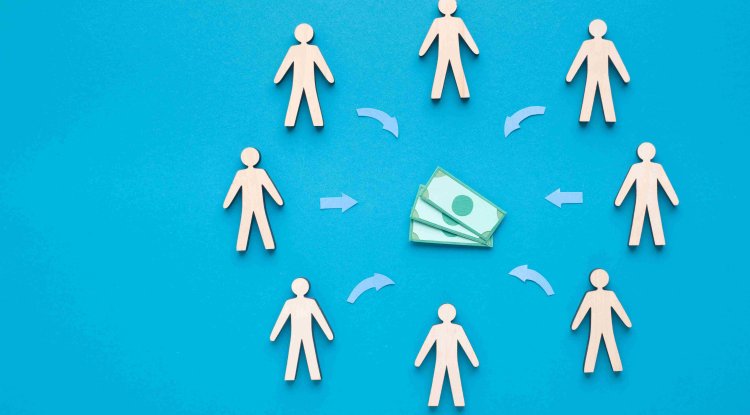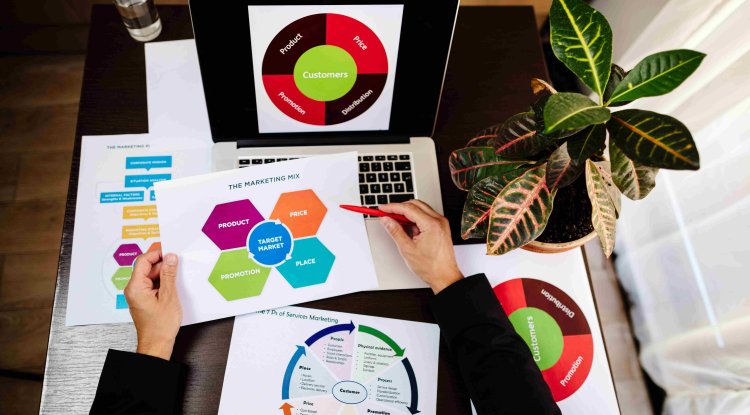Personalization and the Lead Lifecycle: Customizing Journeys for Each Prospect
Discover the power of personalization in the lead lifecycle, and how customizing journeys for each prospect can boost engagement and conversions. Learn practical strategies and a real-life case study to understand the impact of personalized experiences in the digital marketing landscape.

In the rapidly evolving world of digital marketing, where customers are bombarded with endless content, advertisements, and information, standing out from the crowd is a challenging task. As a marketer, how do you ensure that your message resonates with your prospects and captures their attention? The answer lies in personalization—the art of tailoring experiences to suit individual preferences, needs, and behaviors. In this article, we will delve into the concept of personalization and its crucial role in the lead lifecycle.
The Power of Personalization in the Lead Lifecycle
-
Understanding the Lead Lifecycle: To truly grasp the significance of personalization, we must first understand the lead lifecycle. It encompasses every stage of a prospect's journey, from initial awareness to becoming a loyal customer. Personalization enables marketers to engage prospects at each stage with relevant, timely, and targeted content.
-
Creating Relevant Content: Personalization empowers marketers to create content that aligns with the prospect's interests, pain points, and preferences. By analyzing data and behavior patterns, marketers can craft compelling messages that address the prospect's specific needs, increasing the chances of capturing their attention.
-
Enhancing Customer Experience: When prospects encounter personalized content and experiences, they feel valued and understood. This positive sentiment contributes to a more enjoyable customer experience, fostering trust and loyalty towards the brand.
Case Study: Personalization in Action
As I am writing this article, let's explore a real-life case study to illustrate the power of personalization.
Company X, an e-commerce retailer, implemented a personalized recommendation engine on their website. Using machine learning algorithms and customer behavior data, the engine analyzed each visitor's browsing history, purchase patterns, and preferences. The results were impressive—the personalized product recommendations increased click-through rates by 25% and boosted conversion rates by 18%. Moreover, customers spent more time on the site, leading to a 20% increase in average order value. Company X's personalized approach significantly improved customer engagement and overall revenue.
Strategies for Effective Personalization
-
Data Collection and Analysis: Start by collecting relevant data about your prospects, such as demographics, behavior, and interactions with your brand. Analyze this data to identify patterns and insights that will guide your personalization efforts.
-
Segmentation and Targeting: Group your prospects into segments based on shared characteristics and interests. Develop personalized content and offers tailored to each segment's preferences.
-
Automating Personalization: Embrace marketing automation tools to streamline the personalization process. Automation enables you to deliver personalized content at scale, ensuring that each prospect receives a relevant experience.
-
Dynamic Content: Implement dynamic content on your website and email campaigns. This allows you to display content based on the prospect's behavior, location, or past interactions, enhancing the overall user experience.
About Myself
I am Raghav Chugh, a highly skilled professional in digital marketing and technology with a passion for creating personalized experiences that drive results. With expertise in marketing automation, campaigns planning, and customization, I have 8+ years of experience in lead lifecycle design and management. My proficiency in various technical areas enables me to deliver exceptional results in any technical environment. Connect with me on LinkedIn for further discussions on personalization and digital marketing strategies.
Conclusion
Personalization is no longer an option; it's a necessity for today's marketers. By customizing journeys for each prospect in the lead lifecycle, businesses can boost engagement, conversions, and brand loyalty. Leveraging data, automation, and dynamic content, marketers can create a seamless and personalized experience that resonates with their target audience. Embrace the power of personalization and witness the transformative impact it can have on your digital marketing efforts.
What's Your Reaction?




















